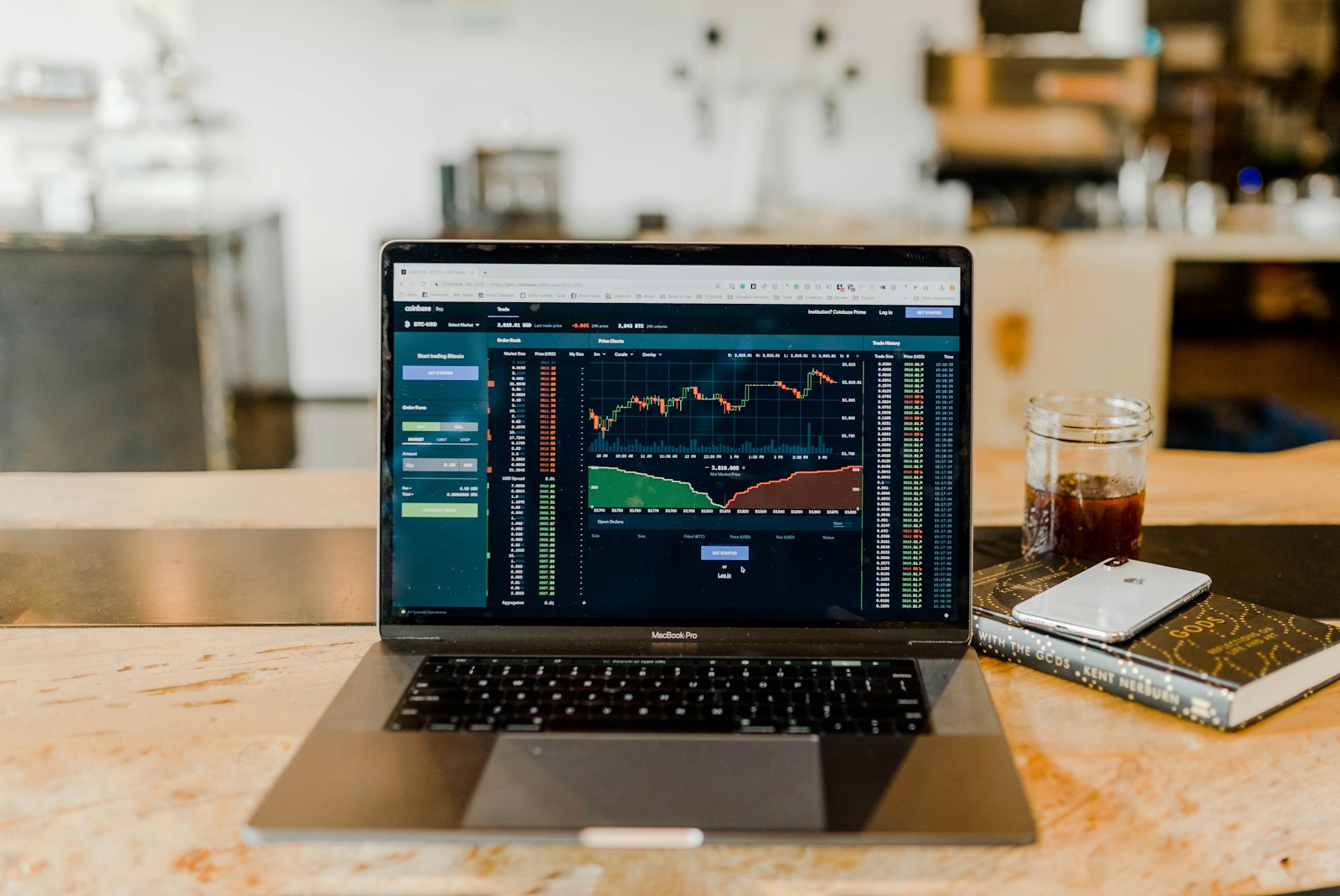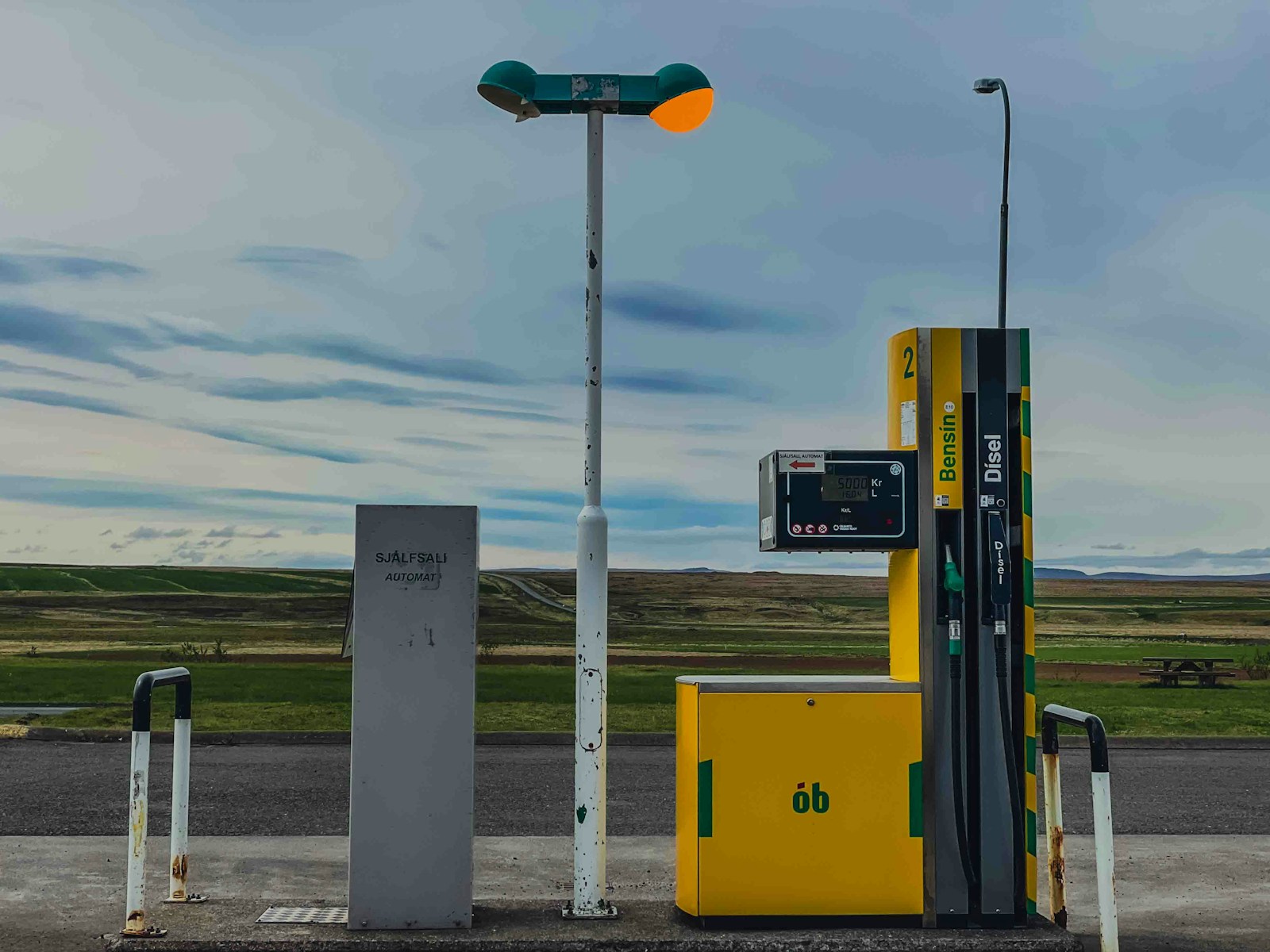Leveraging Digital Twins for Effective Risk Management
Introduction to Digital Twins and Real-Time Monitoring
Digital twins for real-time monitoring have emerged as a transformative tool in project management, significantly reducing the risk of delays and cost overruns. By creating a virtual replica of physical assets, digital twins allow for continuous, real-time monitoring and analysis, enabling project managers to identify and address issues promptly.
In regions like Saudi Arabia and the UAE, where large-scale infrastructure and development projects are commonplace, the implementation of digital twins is revolutionizing the way projects are managed. This technology provides a comprehensive view of the project lifecycle, from planning and design to construction and maintenance, ensuring that all aspects are closely monitored and optimized for efficiency.
Digital twins integrate data from various sources, including IoT devices, sensors, and historical project data, to create a dynamic, real-time model of the project. This model is continuously updated, providing project managers with accurate, up-to-date information that is crucial for making informed decisions and mitigating risks. The ability to foresee potential issues and address them before they escalate is a significant advantage in maintaining project timelines and budgets.
Reducing Delays and Cost Overruns
One of the primary benefits of using digital twins for real-time monitoring is the reduction of delays and cost overruns. In the fast-paced construction and infrastructure sectors of Riyadh and Dubai, delays can lead to substantial financial losses and project setbacks. Digital twins enable proactive risk management by identifying potential bottlenecks and inefficiencies early in the project lifecycle.
By providing a real-time view of project progress, digital twins allow project managers to monitor key performance indicators (KPIs) such as schedule adherence, resource utilization, and budget compliance. When deviations from the plan are detected, corrective actions can be implemented immediately, preventing minor issues from becoming major problems. This proactive approach not only keeps the project on track but also optimizes resource allocation and improves overall project efficiency.
Moreover, digital twins facilitate enhanced communication and collaboration among project stakeholders. Real-time data and insights can be shared across teams, ensuring that everyone is aligned and informed. This collaborative environment fosters better decision-making and problem-solving, further reducing the risk of delays and cost overruns.
Enhancing Project Management with AI and Blockchain
The integration of artificial intelligence (AI) and blockchain with digital twins takes real-time monitoring and project management to the next level. AI algorithms can analyze vast amounts of data generated by digital twins, providing predictive insights and recommendations. For instance, AI can predict equipment failures or identify patterns that indicate potential risks, allowing project managers to take preemptive measures.
Blockchain technology, on the other hand, ensures the security and transparency of data transactions within the digital twin ecosystem. In complex projects involving multiple stakeholders, blockchain can provide a tamper-proof record of all project-related data and transactions. This transparency enhances trust and accountability, which are critical for successful project execution.
In the context of the Middle East, where ambitious projects like NEOM in Saudi Arabia and the Dubai Expo 2020 showcase the region’s commitment to innovation and development, the adoption of digital twins, AI, and blockchain represents a significant leap forward. These technologies not only improve project outcomes but also position the region as a leader in smart construction and infrastructure management.
Future Prospects and Innovations in Digital Twins
Smart Cities and Infrastructure Development
Digital twins are set to play a pivotal role in the development of smart cities, particularly in visionary projects across Saudi Arabia and the UAE. These countries are investing heavily in creating urban environments that leverage modern technology to enhance the quality of life for their residents. Digital twins provide a foundation for smart city initiatives by offering a comprehensive view of urban infrastructure, enabling efficient management and optimization of city resources.
For instance, in smart cities, digital twins can be used to monitor and manage utilities, transportation systems, and public services in real time. By analyzing data from various sources, city planners can identify areas for improvement, optimize resource allocation, and ensure the sustainability of urban developments. This holistic approach to city management is essential for addressing the challenges of rapid urbanization and environmental sustainability.
Personalized Executive Coaching and Leadership Development
The application of digital twins extends beyond construction and infrastructure to areas such as executive coaching and leadership development. By creating digital replicas of organizational processes and individual performance metrics, digital twins can provide personalized coaching and development plans for executives and managers. This technology enables a data-driven approach to leadership development, identifying strengths and areas for improvement based on real-time performance data.
In the competitive business environments of Riyadh and Dubai, where leadership excellence is crucial for organizational success, digital twins offer a unique advantage. Executives can receive tailored coaching that addresses their specific needs and challenges, enhancing their leadership skills and driving business performance. The integration of generative AI can further enhance this process by providing intelligent recommendations and insights, ensuring that leaders are equipped with the tools they need to succeed.
Conclusion
Digital twins for real-time monitoring are transforming project management, reducing the risk of delays and cost overruns, and enhancing overall efficiency. By leveraging advanced technologies such as AI and blockchain, digital twins provide predictive insights, ensure data security, and foster collaboration among project stakeholders. In regions like Saudi Arabia and the UAE, where innovation and development are paramount, the adoption of digital twins represents a significant step forward in achieving project success.
As digital twins continue to evolve, their applications will expand to include smart city development, personalized executive coaching, and beyond. The future prospects of this technology are promising, offering new opportunities for innovation and growth in various sectors. For business executives, mid-level managers, and entrepreneurs, investing in digital twin technology can drive efficiency, improve project outcomes, and position their organizations for success in a rapidly changing world.
#DigitalTwins #RealTimeMonitoring #RiskManagement #ProjectManagement #SmartCities #SaudiArabia #UAE #Riyadh #Dubai #AI #Blockchain #ExecutiveCoaching #GenerativeAI #BusinessSuccess #LeadershipSkills









